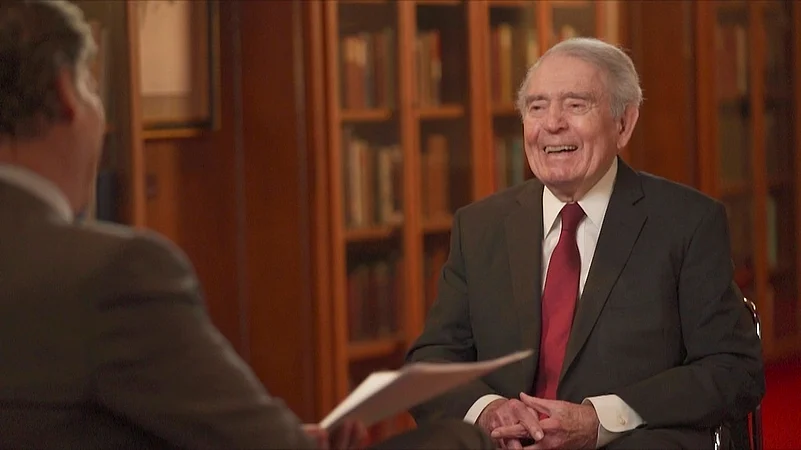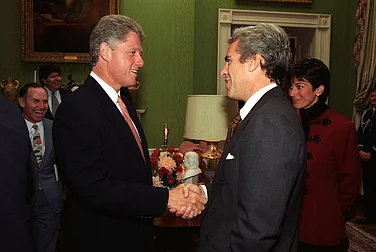Dan Rather, the renowned journalist and former anchor of the "CBS Evening News," made a significant return to the CBS News platform after 18 years, appearing in an introspective interview on "CBS Sunday Morning." This appearance comes just days before the release of a Netflix documentary chronicling the life of the 92-year-old newsman.
After a distinguished 44-year career at CBS, including 24 years as the anchor of its flagship evening news program, Rather departed the network under contentious circumstances. His exit followed a controversial investigation into then-President George W. Bush's military service record, which cast a shadow over his legacy. Despite escaping formal blame for the botched report, Rather found himself estranged from CBS leadership, particularly Leslie Moonves, the network's former chief.
In his interview with correspondent Lee Cowan, aired on Sunday, Rather expressed his sentiments about leaving CBS, acknowledging his deep connection to the network. He admitted missing CBS since his departure without offering an apology or explanation for his exit.
The documentary "Rather," set to premiere on Netflix, provides a comprehensive look at Rather's illustrious career, spanning from his coverage of historic events like President John F. Kennedy's assassination and Watergate to his tumultuous departure from CBS. The film delves into some of the more eccentric moments of Rather's life, including a peculiar incident in New York City where he was assaulted with the infamous phrase, "What's the frequency, Kenneth," and his unexpected appearance onstage with the band R.E.M.

Rather's post-CBS career has been marked by his continued engagement in journalism, including investigative reporting and celebrity interviews for HDNet. He has also embraced social media, where he has gained recognition for his outspoken commentary on current events.
Reflecting on his legacy, Rather downplayed the significance of his professional achievements, emphasizing the importance of personal connections and relationships. He emphasized that, in the end, one's impact is measured by the meaningful connections they cultivate rather than their professional accomplishments.













.png?auto=format%2Ccompress&fit=max&format=webp&w=376&dpr=2.0)













